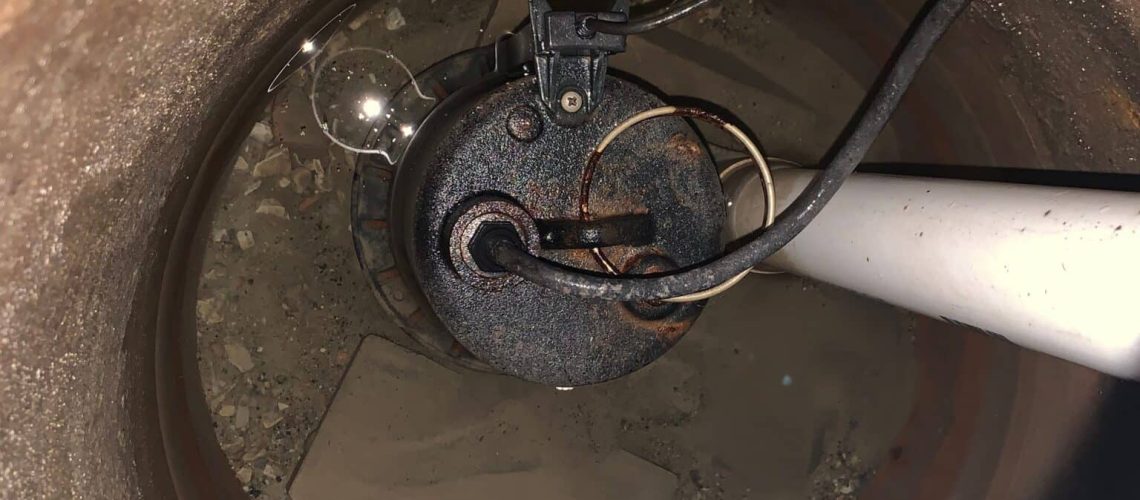Flooding is a common problem in basements, particularly in areas with high water tables or that see severe rainfall. Property damage, the formation of mold, and an unpleasant living environment can all come from this. Putting up a sump pump is one option that many homeowners think about to deal with this issue. However, can a sump pump guarantee that water won’t enter the basement? To keep your basement dry, this article will go over the many uses, advantages, disadvantages, and things to think about while installing a sump pump.
Using A Sump Pump
In the lowest level of a basement or crawlspace, you’ll find a sump pump. Its principal use is to collect and release water from a sump basin in case of a flood. Installed below ground level, this basin gathers water that seeps into it via drains or seeps naturally through the earth. The sump pump is designed to be activated when the water level in the basin reaches a specific point. At that point, it will force the water out of the basement through a discharge pipe, ensuring that it is directed away from the foundation and into a safe drainage location.
How Well Sumps Pumps Prevent Floods?
Under typical conditions, sump pumps are an excellent deterrent against basement flooding. They shine in places where there’s a lot of rain or when the groundwater level is high. Sump pumps aid in keeping basements dry by mechanically pumping out excess water, which in turn protects the foundation and any interior rooms from water damage. A sump pump will greatly lessen the likelihood of flooding, but it won’t prevent water from ever getting into the basement.
What Influences The Efficiency Of A Sump Pump?
Several things can impact how well a sump pump works to keep water out. There needs to be a good fit between the sump pump’s capacity and power and the average water flow rate in the basement. It is also very important to install the sump pump and basin correctly. Inadequate water collection might result from a poorly installed system, which could cause floods. For best operation, it is vital to do regular maintenance such as checking for obstructions, making sure the discharge line is clear, and testing the pump occasionally.
The Drawbacks Of Sump Pumps
Sump pumps work well, but they aren’t without downsides. Severe storms provide the greatest danger of flooding, and sump pumps that are electrically powered will not work during power outages. Alternative solutions, such as water-powered backup pumps or battery backup systems, do exist, but they are more expensive and require more frequent maintenance. Seepage through basement walls or foundation fractures are two more problems that sump pumps are ill-equipped to handle. Where this is the case, more waterproofing procedures could be called for.
Additional Steps For Waterproofing
It is recommended that homeowners think about additional waterproofing methods to make their sump pump work even better. French drains and other interior and exterior drainage systems can divert water away from the foundation and the sump basin. You may stop water from seeping in through tiny gaps and porous materials by waterproofing the basement walls and floor using sealants. Comprehensive water management also includes ensuring the home’s surrounding soil is properly graded and keeping the gutters and downspouts in good repair to divert water away from the foundation.
The Significance Of Hiring A Pro
A sump pump system can only work as intended if installed correctly. When you hire a specialist, they’ll make sure the sump basin is at the right depth, the pump is sized and installed correctly, and the discharge line is directed to a good spot for drainage. In addition to routine maintenance checks and backup system installations, professionals may do these tasks. Ineffective operation and an increased danger of flooding might be the outcome of attempting a DIY installation without the necessary expertise and tools.
Advantages Of Sump Pump Systems In The Long Run
Despite their shortcomings, sump pumps provide substantial advantages in the long run. By keeping water from penetrating the basement and damaging the foundation and walls, they safeguard the home’s structural integrity. Sump pumps prevent mold and mildew from growing in damp basements, which is good for the health of those living there. A home’s market value may rise if its basement is dry and functional, as it adds important living space. Homeowners in flood-prone locations would be wise to invest in sump pumps due to these benefits.
Sump Pump: A Must
Sump pumps are proven to be successful in reducing basement flooding, as evidenced by several case studies and real-life instances. For example, homeowners in coastal locations or places with heavy rainfall have found that installing sump pumps significantly reduces the amount of water in their basements. Some houses that flooded often before having sump pumps installed have managed to stay dry even after numerous storms. Sump pumps are an integral aspect of any effective water management system, as these examples show.
Final Thoughts
Finally, while a sump pump is an excellent preventative measure against basement flooding, it is not an all-encompassing solution. The use of sump pumps is contingent upon homeowners being aware of their limitations, such as the fact that they cannot handle all forms of water infiltration and the fact that they require energy. For a sump pump to work its best, it has to be integrated into a larger waterproofing plan that also takes into account drainage systems, foundation waterproofing, and accurate grading. If you want your sump pump to work properly and effectively, you need to have a professional to install it and keep it maintained. If homeowners take these things into account, they will be able to decide if a sump pump is the best option for their water problems in the basement.


